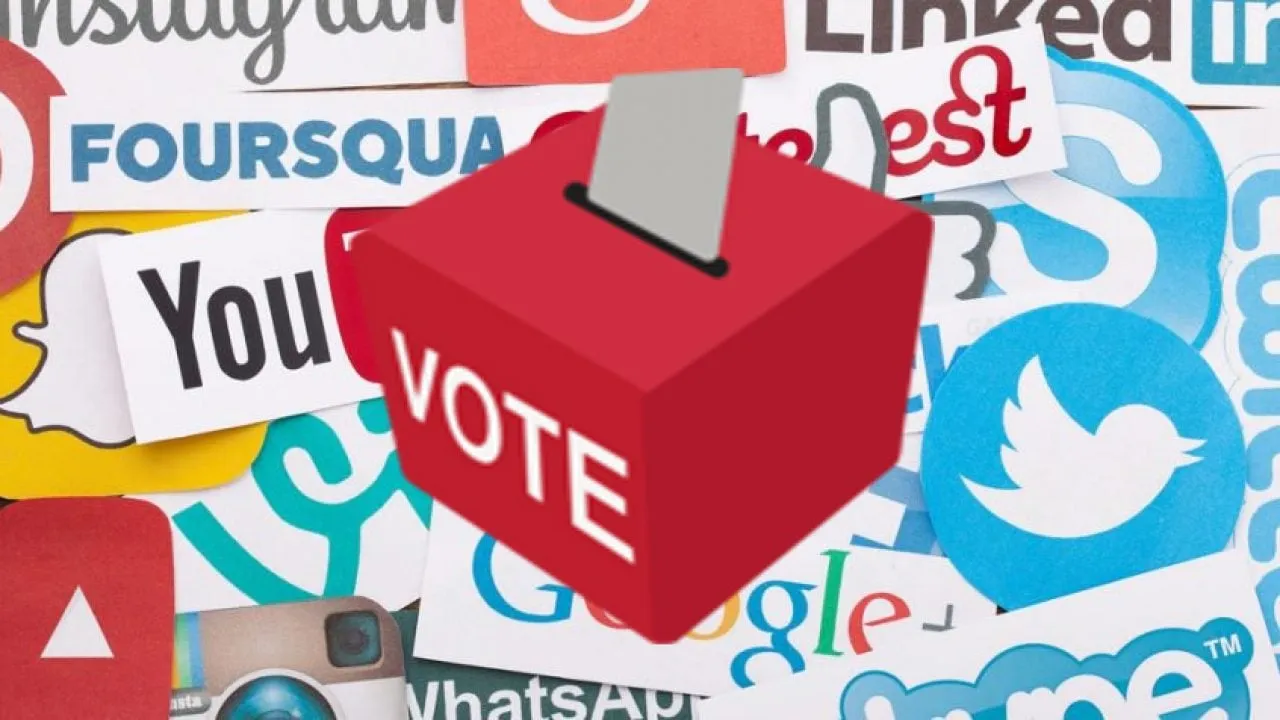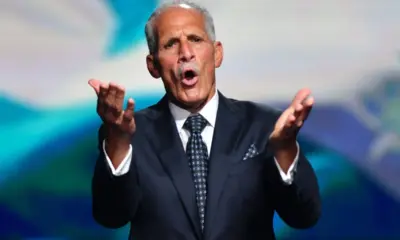Politics
General Election 2025: How Digital Campaigns Are Reshaping Democracy

Introduction
As the United Kingdom approaches its 2025 General Election, the campaign trail looks vastly different from that of just a decade ago. Traditional rallies, doorstep canvassing, and television debates remain important, but the heart of modern politics now beats online. Social media, artificial intelligence, and data analytics have become the primary battlegrounds for influence, shaping how voters see leaders, policies, and even truth itself.
The digital age has ushered in an era of microtargeting, algorithmic messaging, and real-time feedback loops. Political parties now compete not only for votes but also for attention in a fragmented information ecosystem. With billions of data points, campaigns can predict voter behaviour, tailor messages to individual preferences, and amplify emotions with surgical precision. Supporters describe this as progress, a more informed, engaged electorate. Critics warn that it risks deepening polarization and undermining trust in democratic processes.
As the 2025 election unfolds, the question facing Britain is no longer whether technology will shape politics, but how it will redefine the very nature of democracy.
The Rise of Digital Campaigning
Digital campaigning has evolved from a supporting tool into the dominant medium of political communication. All major parties have built sophisticated digital operations staffed with data scientists, social media strategists, and behavioural analysts. These teams work behind the scenes to craft personalized narratives designed to resonate with specific voter groups.
Social media platforms such as X, Instagram, TikTok, and YouTube have become the virtual town squares of British politics. Politicians broadcast short, emotionally charged messages designed to go viral rather than lengthy policy discussions. The goal is not only to inform but to engage, provoke, and mobilize. Viral clips, influencer endorsements, and meme culture now play as significant a role in voter engagement as televised debates once did.
For younger voters in particular, these platforms serve as their main source of political information. Campaigns invest heavily in targeted video content and digital storytelling to connect with this demographic, blending humour, authenticity, and social values. While this new form of communication expands participation, it also accelerates the spread of misinformation and heightens the challenge of discerning credible sources.
Data Analytics and Microtargeting
Behind every digital campaign lies an invisible infrastructure of data collection and analysis. Political consultants use advanced analytics to build detailed voter profiles that combine demographic information, online behaviour, and issue preferences. With these insights, campaigns can craft messages tailored to specific concerns, whether about taxes, healthcare, climate policy, or national security.
This level of precision marks a dramatic departure from the broad, national messaging of the past. Instead of one-size-fits-all manifestos, political parties now deliver hundreds of personalized messages aimed at motivating different segments of the electorate. The strategy is designed to increase engagement and turnout, particularly among undecided or apathetic voters.
Artificial intelligence has taken this personalization to the next level. AI tools can test thousands of message variations in real time, adjusting tone, imagery, and language based on audience reaction. Data analytics can even identify emotional triggers that drive behaviour, allowing campaigns to refine their appeals at unprecedented speed.
While these tools make campaigning more efficient, they raise pressing ethical concerns. Privacy advocates warn that the collection of personal data without explicit consent blurs the line between persuasion and manipulation. Regulators face growing pressure to ensure transparency in how voter information is used, especially as global tech firms play an increasingly influential role in British elections.
Social Media Influence and Political Polarization
Social media has become both a platform for participation and a catalyst for division. The speed and scale at which political content spreads online has intensified partisanship and emotional engagement. Algorithms tend to promote content that generates strong reactions, anger, outrage, or enthusiasm—because such emotions drive higher engagement rates.
This dynamic has reshaped how political debates unfold. Rather than fostering dialogue, social platforms often amplify extremes, pushing users into digital echo chambers where they encounter mostly views that confirm their own. Political messaging now relies as much on mobilizing supporters as on persuading opponents.
At the same time, social media offers a powerful space for grassroots activism and accountability. Independent journalists, fact-checkers, and civic organizations have used digital tools to expose false claims and broaden participation in political discourse. For many young voters, online platforms have become a gateway to activism, community organizing, and civic awareness. The challenge lies in balancing open expression with the responsibility to maintain integrity and truth in public debate.
The Ethical Dilemma of Digital Democracy
The digitization of politics has blurred the boundaries between campaigning, marketing, and surveillance. Voter data can now be weaponized in ways that were unimaginable a generation ago. Deepfake videos, AI-generated speeches, and automated social bots add new layers of complexity to election integrity. The Electoral Commission has begun exploring new frameworks for regulating digital campaigns, including mandatory transparency for political advertising and digital spending.
Ethical questions extend beyond privacy to include accountability and fairness. If algorithms determine what information voters see, who controls the narrative of democracy? The risk is that unseen algorithms and private companies, rather than elected officials or journalists, become the arbiters of public discourse. This concern is particularly acute as misinformation and synthetic media become more sophisticated.
Despite these risks, digital democracy also offers opportunities for inclusion. Virtual town halls, online petitions, and livestreamed debates have brought political participation to audiences who might otherwise feel excluded. Technology, when used responsibly, can deepen engagement and empower citizens to hold leaders accountable.
Conclusion
The 2025 General Election marks a watershed moment in Britain’s democratic evolution. Digital campaigning has transformed political communication, giving candidates new tools to connect with voters and shape narratives. Yet it has also introduced ethical challenges that test the transparency, fairness, and trust on which democracy depends.
Social media, data analytics, and artificial intelligence now define the modern campaign battlefield. They offer unparalleled reach and precision but also demand new rules and civic awareness. As technology continues to evolve, Britain’s democracy faces a choice: to harness innovation in the service of participation and truth, or to let it erode the foundations of informed citizenship.
The future of politics will depend not only on who wins the next election but on how the country chooses to navigate this new digital era with integrity and accountability.






















